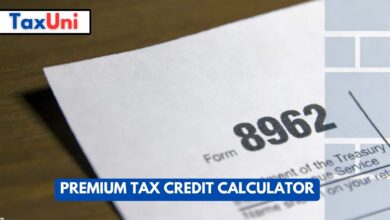Michigan Low-Income Home Energy Assistance Programs (LIHEAP)
Michigan offers various financial aid programs to help low-income families with their home energy bills. These programs include LIHEAP, MEAP, and REACH grants.

The Michigan LIHEAP plan is a program that assists low-income households with their heating and cooling costs. The state’s energy assistance program has a variety of guidelines that must be met in order to qualify for benefits. These include income restrictions, household size, structure, and type of fuel used. Applicants can also use the program to make home improvements that will lower energy consumption.
Each state is responsible for setting the conditions for their LIHEAP programs, and Michigan’s guidelines are quite strict. In addition to meeting the LIHEAP income limits, applicants must live in the state of Michigan and prove their need for financial aid. They must also be a citizen or national of the United States. Applicants can find out more information about the Michigan LIHEAP state plan by visiting their local community action agency or online.
Michigan’s LIHEAP program is a comprehensive design that serves the needs of the state’s low-income residents. It includes basic maintenance benefits, crisis intervention, and weatherization services. This multi-component approach is based on previous energy program designs that have worked well in Michigan. The state’s LIHEAP program is funded by federal funds and is administered by a number of different organizations throughout the state. Applicants can check their application status by logging into their account on the Michigan Department of Health and Human Services website.

Application
The application process for Michigan LIHEAP is a simple, confidential process. You can contact your local community action agency to find out more about the program and how to apply. Depending on the program, you may be asked to provide a range of documents to verify your eligibility. Generally, applicants must meet certain income guidelines and be residents of Michigan. They must also demonstrate that they need financial assistance for their home energy costs. Eligible households are eligible for payments that can be used to prevent a shut-off or restore service and pay for the cost of a 30-day supply of deliverable fuel (fuel oil, propane, or coal) if necessary.
Rules
The Michigan liheap program requires applicants to meet certain conditions and guidelines. These include the amount of their income, the number of people living in the household, and the size of their house. In addition, households must continue to pay their utility bills during the application and approval process. Those who cannot afford to do so must apply for assistance from another source.
LIHEAP funds are distributed to states, federally-recognized Indian tribes, and insular areas to provide assistance to low-income families with home energy costs. This program is funded by US Department of Health and Human Services appropriations. However, there is a growing need for additional funding to allow LIHEAP to expand its reach and meet the needs of more vulnerable households.
LIHEAP practitioners support increased federal funding for the program and a broader discussion of how this program fits into a social safety net. They also advocate for contingency funds that can be released in response to severe weather or rising energy prices. In the past, contingency funds have been pooled with traditional appropriations to create a larger funding pool for LIHEAP.





